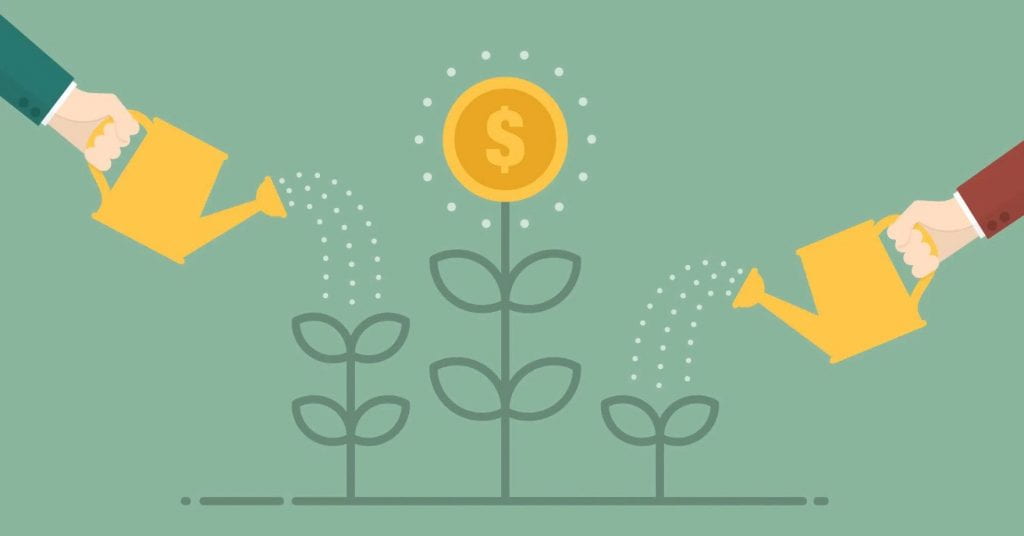Written by Isha Yardi, rising senior at the University of Maryland College Park; BS candidate in public health science; and the Colonel Carroll A. Ockert Scholar in the Institute for Public Health Summer Research Program

On June 30, the summer program’s Public & Global Health Track cohort was joined in our bi-weekly seminar series by Moses Okumu, PhD, assistant professor in the School of Social Work at the University of Illinois Urbana-Champaign. Okumu’s research focuses on the development and evaluation of interventions to promote the sexual and mental well-being of young adults in marginalized communities. During his lecture, he spoke about his work in intervention development with respect to the U.N.’s Sustainable Development Goals (SDGs) 8 and 9, and how these two goals can be used to contextualize public health research.
Both goals are connected to economic prosperity and growth. SDG 8 encourages nations to promote sustainable and inclusive economic growth, from creating safer and more equitable working conditions to building opportunities for productive employment, while SDG 9 focuses on building infrastructure to promote industrialization and innovation. A key takeaway from Okumu’s presentation emphasized how innovation and economic prosperity are inextricably tied to health. Access to infrastructure, for instance, has nuanced connections to social and environmental stressors, which can affect an individual’s physical or mental well-being. Contextual factors like economic empowerment can promote positive health behaviors through conduits, such as social capital and health literacy.
Okumu’s past research has explored the relationship between an individual’s economic opportunity and well-being. His project, Financial Capability & Asset Building in Africa investigates whether equipping human-service practitioners with basic financial skills can significantly improve the socioeconomic well-being of marginalized populations in Africa. Preliminary results demonstrated how increased financial literacy correlated with poverty reduction in all three countries studied. Okumu is also working on digital health intervention research using technological innovations like virtual reality and social-networking apps to promote mental and sexual health among youth in Africa. His work shows how investing in and leveraging innovation can be used to improve the health of marginalized populations.
Oftentimes we view public health as an isolated field of study, but Okumu’s work clearly shows how economic productivity is inherently tied to the health and well-being of communities. Understanding the implications of innovation, infrastructure, and economic growth can help us design public health research that is well equipped to tackle intersectional global challenges.